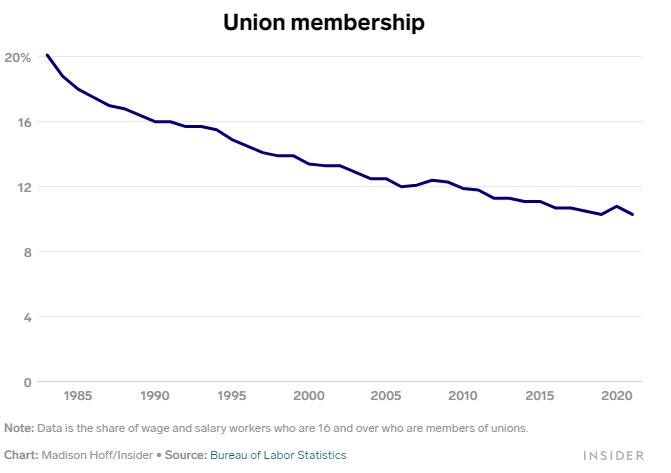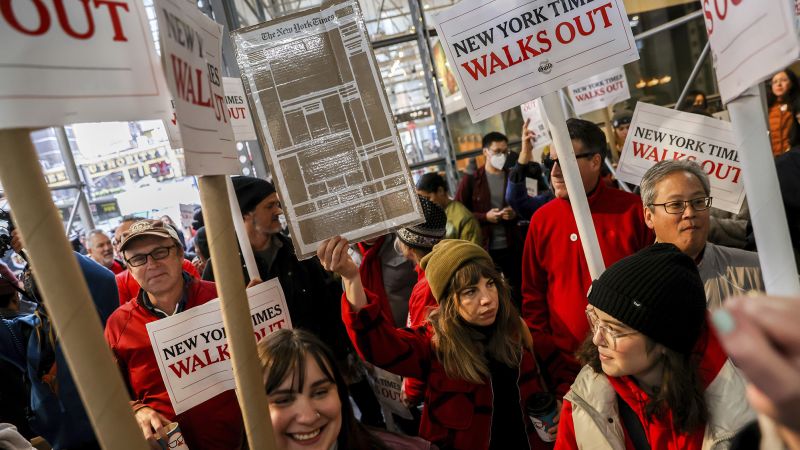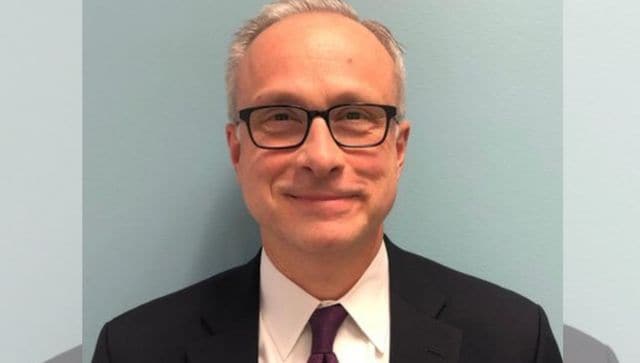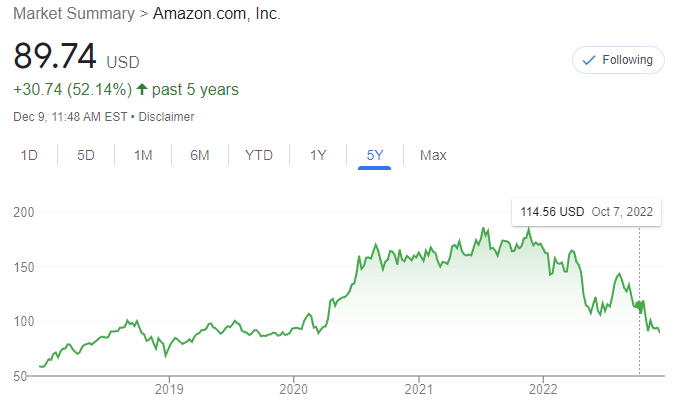SAJ-99
Well-known member
Here are some of my notes for the coming weeks
- Tax loss selling seems to be done. It appears to get earlier every year, but in down years (like 2022) some of the indicators get wonky. For the rest of the Dec, maybe we see (have seen?) some rotational positioning by FAs into a 2023 view, bumping up sold-off sectors?
- Inflation still seems to be market focus. PPI this week and CPI the following on the 13th. So Fed will get to see the CPI number and market reaction before announcement. For Fed meeting Expectations sit at 75% for 50bps increase, 25% for 75bps. I expect the CPI should continue its downward trend, but anything is possible. Hotter than expected and all hell breaks loose.
- Sentiment around equities has taken a decidedly positive tone. Even the dip from a hot jobs number got bought. Still a lot of talk of a recession in 2023, but earnings projections for 2023 still 5% higher than 2022 (which is on pace for a all-time record), and we are still at 17.5 times forward 2023 earnings in large caps. Mid and small much better at 13.5 and 13.0, respectively.
- Option positioning looks tilted to calls for Qtrly Dec expiration with heavy volume puts farther out of the money. This means positive hedging flows for next week but should end around the 14th (Fed day! day after CPI! ).
).
- Bonds yields drawing interest from investors, resulting in defensive stocks (utilities and staples) looking expensive going into 2023.
- S&P sits just above 200day mov avg, tech just below. S&P is edging toward overbought on daily basis, but weekly numbers are still fine. We seem to be at a breakout/breakdown point for SPY. Interesting how it happens around a Fed day and CPI. Low December stock volumes and VIX at 19 seem to show investors have little interest in making a bet something breaks and rather want to coast into the New Year.
- Tax loss selling seems to be done. It appears to get earlier every year, but in down years (like 2022) some of the indicators get wonky. For the rest of the Dec, maybe we see (have seen?) some rotational positioning by FAs into a 2023 view, bumping up sold-off sectors?
- Inflation still seems to be market focus. PPI this week and CPI the following on the 13th. So Fed will get to see the CPI number and market reaction before announcement. For Fed meeting Expectations sit at 75% for 50bps increase, 25% for 75bps. I expect the CPI should continue its downward trend, but anything is possible. Hotter than expected and all hell breaks loose.
- Sentiment around equities has taken a decidedly positive tone. Even the dip from a hot jobs number got bought. Still a lot of talk of a recession in 2023, but earnings projections for 2023 still 5% higher than 2022 (which is on pace for a all-time record), and we are still at 17.5 times forward 2023 earnings in large caps. Mid and small much better at 13.5 and 13.0, respectively.
- Option positioning looks tilted to calls for Qtrly Dec expiration with heavy volume puts farther out of the money. This means positive hedging flows for next week but should end around the 14th (Fed day! day after CPI!
- Bonds yields drawing interest from investors, resulting in defensive stocks (utilities and staples) looking expensive going into 2023.
- S&P sits just above 200day mov avg, tech just below. S&P is edging toward overbought on daily basis, but weekly numbers are still fine. We seem to be at a breakout/breakdown point for SPY. Interesting how it happens around a Fed day and CPI. Low December stock volumes and VIX at 19 seem to show investors have little interest in making a bet something breaks and rather want to coast into the New Year.











